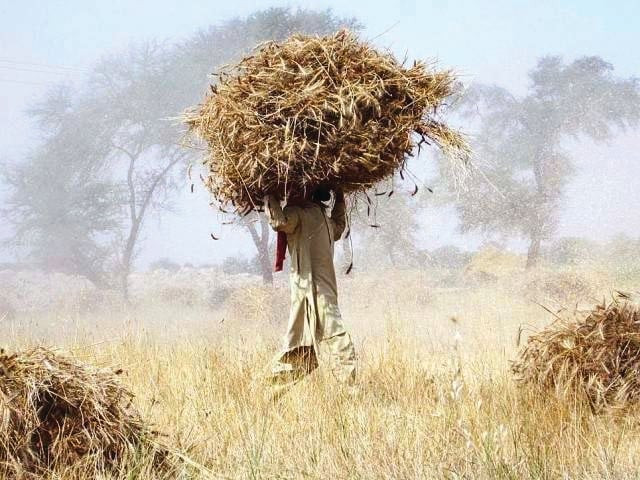Agriculture and macroeconomics
Despite significance of agri sector, it couldn’t grow to the required extent

There is media hype that the economy has started to recover swiftly under intense political and pandemic situation.
The political situation has been volatile since September 2020 while the second wave of Covid-19 got ascendancy in December. Usually, political instability leads to economic uncertainty, which in turn affects economic outcomes.
The economy improved slightly after the first wave of Covid-19 due to some fiscal and monetary accommodation. The large-scale manufacturing sector grew around 5.5% in the first four months of FY21 and some analysts have called this a V-shaped recovery.
The government has ascribed this recovery to the construction package, fiscal and monetary doses and timely reopening of the economy after the first wave.
In the first five months of FY21, merchandise exports declined 7% in dollar terms while imports fell around 1%. The reduction in trade deficit was achieved at the cost of economic slowdown as import growth remained curtailed.
The trade deficit was financed through secondary income, which grew 30% during the said period. The palpable growth of secondary income is linked with growth in remittances and current transfers.
The growth in remittances is associated with the cautious approach of expatriates in sending money since they have diverted away from Hundi and Hawala to some extent.
Although growth is being witnessed in the manufacturing sector, yet it will be temporary. By looking at statistics, analysts and commentators think that the manufacturing sector has revived to a great extent.
However, the economic reality is different from the statistics where the role of agriculture sector is quite significant.
The agriculture sector plays an important role in the development process of an economy. In order to expand the manufacturing sector in a sustainable manner, the growth in agriculture sector is indispensable.
As agriculture and manufacturing sectors interact with each other and one sector is complementary to the other, a balanced growth is required. Despite the significance of agriculture sector, it could not grow to the extent required for the development purpose. In the first decade of 2000, the agriculture growth was slightly above 2%. Similarly, in the last decade, the sector grew 2.2%, which is quite low as far as its potential is concerned.
Whenever there is an outburst in the manufacturing sector, the agriculture sector comes under extreme pressure to perform.
In the last political government, the manufacturing sector grew rapidly for a couple of years. Unfortunately, the agriculture sector could not match its pace with the manufacturing sector and the economy started to experience high food inflation.
The food inflation started to increase as wheat, sugarcane and other crops became expensive over the years.
The Economic Coordination Committee (ECC) has increased the wheat support price to Rs1,650 per 40 kg this year to compensate the farmers, though the current difference between the support and market prices is more than 25%.
This large difference would distort the supply chain and affect the supply of flour to the masses.
In addition, the unintended consequence of low support price would compel the farmers to cultivate other crops in the coming season, which may further deteriorate the wheat situation.
In short, instead of compensating small farmers through input subsidies, the government responded to the food inflation through the administrative muscle. As a result, food prices have come down slightly.
However, the probability that food prices will increase is still high given the underlying economic situation. Under the emerging situation, policy intervention will be required to grow the agriculture sector close to its potential.
The writer is the Assistant Professor of Economics at SDSB, Lahore University of Management Sciences
Published in The Express Tribune, January 11th, 2021.
Like Business on Facebook, follow @TribuneBiz on Twitter to stay informed and join in the conversation.


















COMMENTS
Comments are moderated and generally will be posted if they are on-topic and not abusive.
For more information, please see our Comments FAQ